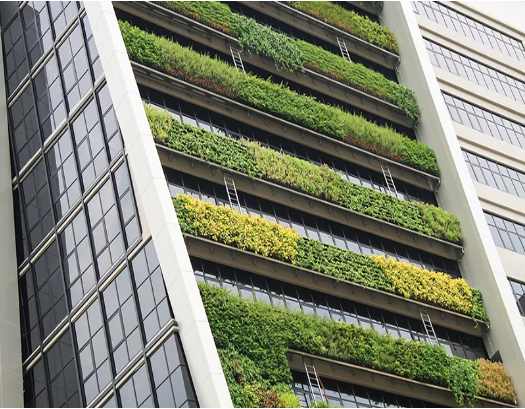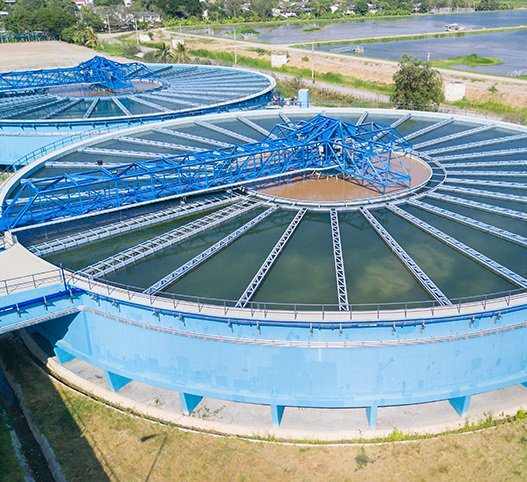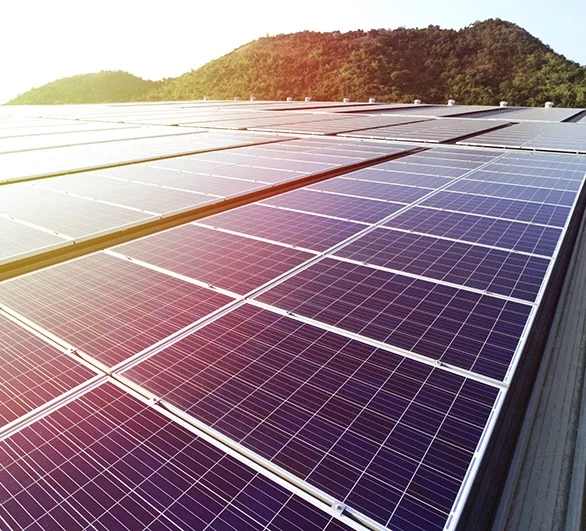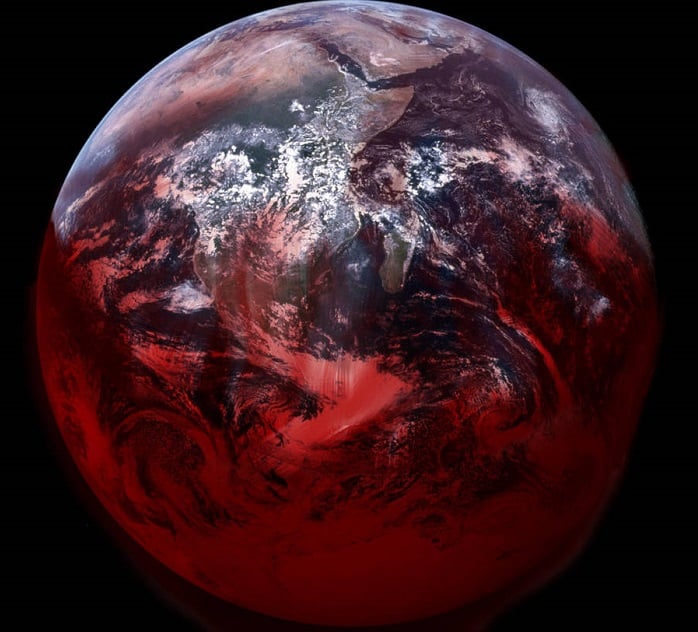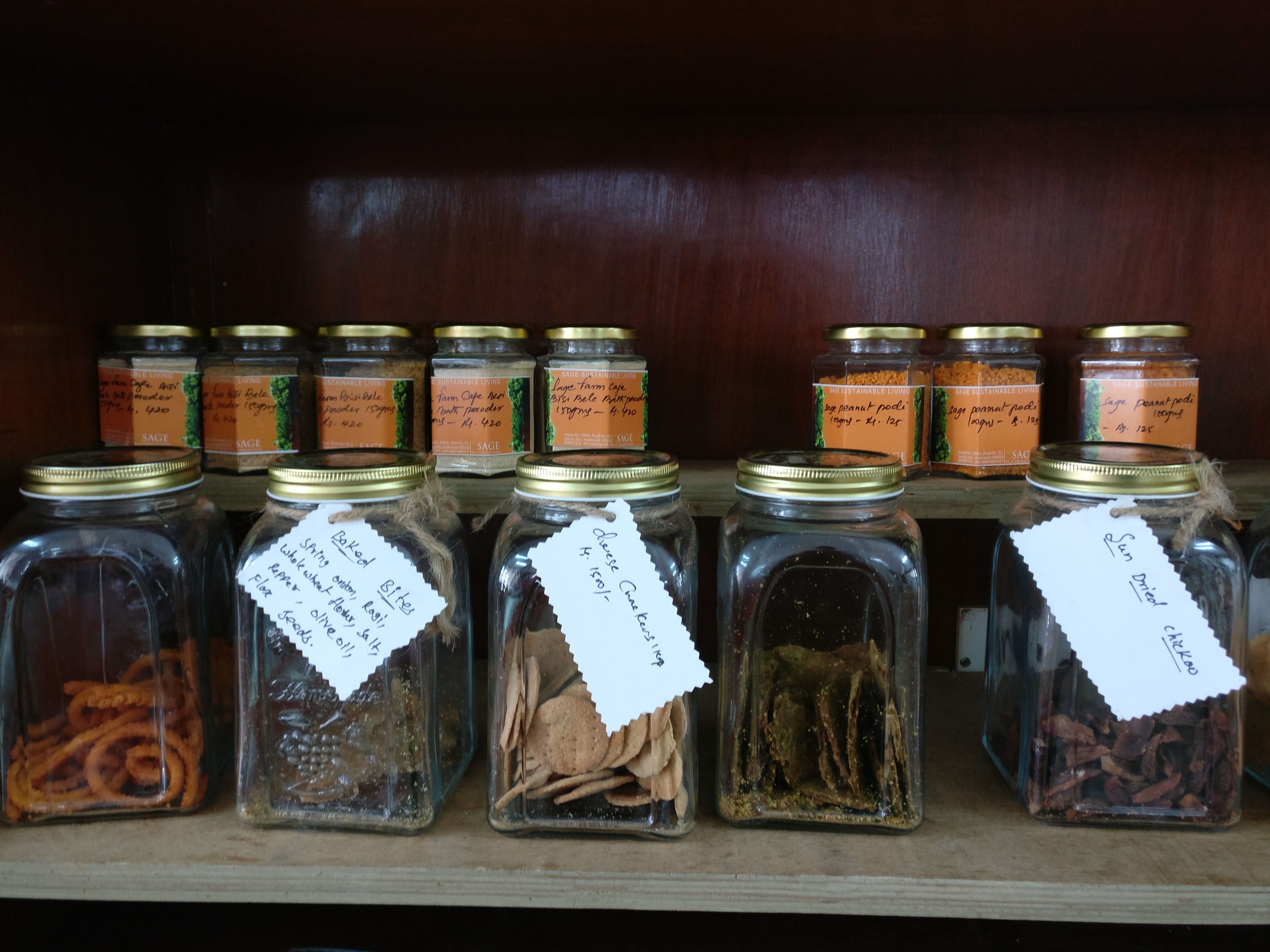Thoughtless construction is a major contributor to the suspended particulate
matter in the air. This becomes even more crucial now that most of our cities are undergoing a massive change as construction takes over the peri-urban areas.
New Delhi, for one has been making headlines for being one of the worst cities for air quality. It is also estimated that air pollution in India is likely to kill 620,000 people every year(Down to Earth, 2015)1.
Study published in journal Lancet puts the number of pollution related deaths to 1.24 million in 2017, which includes deaths due to indoor air pollution (Lancet study, 2018)2.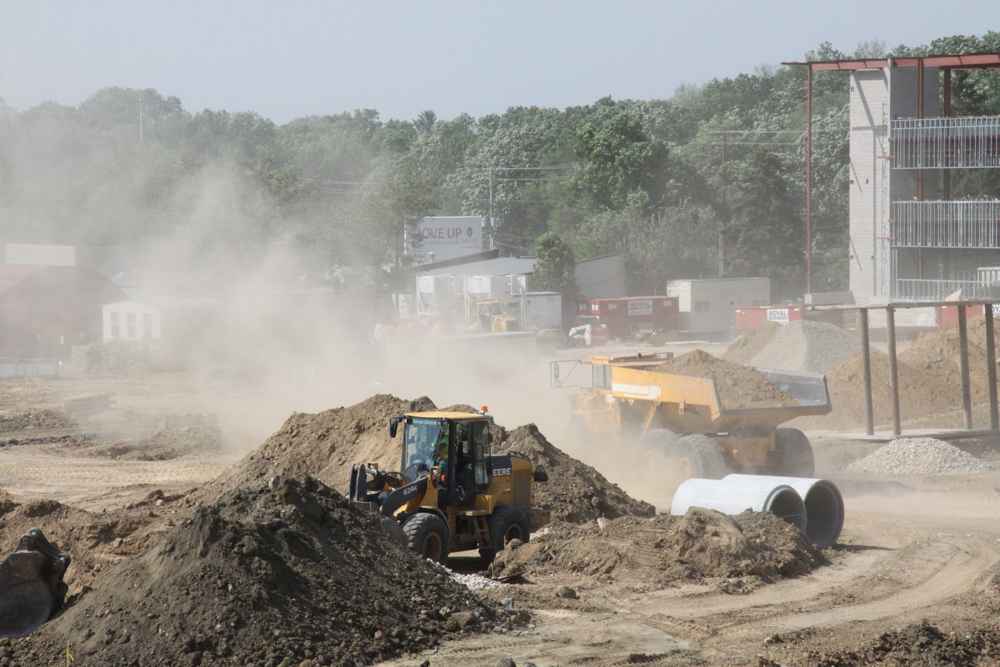
While construction is one of the major contributors to the worsening air quality, the other major contributors are automobiles, thermal power plants and host of other chemicals that we use in everyday lives.
The question is, what can we do at an individual or community level that can help in improvement of air quality for us and our future generations. Before that, it may be good to understand a little more about air pollution.
What is Air Pollution?
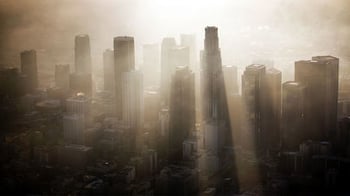 The air we breathe, that is also known as dry air is predominantly nitrogen, oxygen (78.09% and 20.95%) and then there is under 1% argon and then 0.038% carbon dioxide.
The air we breathe, that is also known as dry air is predominantly nitrogen, oxygen (78.09% and 20.95%) and then there is under 1% argon and then 0.038% carbon dioxide.
There are other minor gasses that are included in this complex mixture. Air also has variable amount of water vapour in minute quantities.
This perfect concoction is most suited to all life on the planet especially humans. No wonder we have prospered unlike any other species on the planet.
Now any addition or deletion to this perfect mixture is what is called air pollution.
These chemicals or chemical compounds are called pollutants, that are not naturally present, and are known to lower the quality of air, and pose a health risk to all the living beings and ultimately planet earth when it exceeds the level the natural environment can absorb or dissipate.
Are all Pollutants Gasses?
The pollutants found in the air can be in gaseous form (as gases), in solid form (as particulate matter suspended in the air), or in the form of finely dispersed liquid (aerosols).
The major air pollutants include sulphur dioxide, nitrogen dioxide, carbon dioxide, carbon monoxide, volatile organic compounds, ammonia and particulate matter.
Is all Air Pollution Man-made or Created by Humans?
Air pollution can be caused by both natural or man-made (anthropogenic) reasons. The natural events that pollute the air include forest fires, volcanic eruptions, wind erosion, pollen dispersal, evaporation of organic compounds and natural radioactivity etc., but their occurrence is rare, and usually have a localised minuscule effect.
In the absence of other man-made pollution, it settles down and the air automatically gets purified in some time. Sometimes these can have long lasting impacts such as volcanic dust that happened in geological past and caused lots of extinctions. However, these events are not an everyday occurrence in Earth’s evolution anymore.
On the other hand, man-made pollution is persistent and continuing owing to burning of fossil fuels, mining etc. Almost any process of industrialization (smelting, foundry activities), manufacturing, transport, infrastructure development (including housing) and energy generation has a negative consequence on air quality.
Some of the gases that come out of incessant fossil fuel burning are carbon monoxide, oxides of nitrogen, hydrocarbons and particulates, that is harmful to people when taken in.
Some of these gases also react with other gases to make complex mixtures which are even more toxic to life. Some of these gases contribute to the increased greenhouse gas effect leading to global warming.
Waste disposal in landfills, agricultural burning also contributes to air pollution. As it may sound surprising, some of the pollutants are from unexpected sources, such as printers, cleaning agents used at home, clothing dyes, emulsions, batteries etc.

How does Air Pollution Impact Human Health?
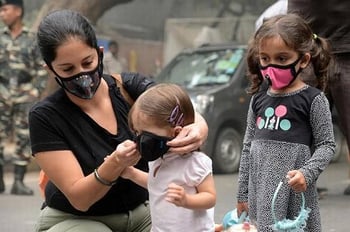
Air pollution has serious effects on the human health.
Depending on the level of exposure and the type of pollutant inhaled, these effects can vary, ranging from simple symptoms like coughing and the irritation of the respiratory tract to acute conditions like asthma and chronic lung diseases.
Skin problems and irritations can develop due to prolonged exposure to several air pollutants, and a variety of cancer forms may develop after inhaling air contaminants.
Is Any of this Pollution a Risk to our Planet Earth?
One of the most significant effects of air pollution is on climate change, mainly global warming.
Over dependence on fossil fuels, have led to very high levels of greenhouse gases in the atmosphere with which the average global air temperature expected to rise by 2-4 °C by the end of the 21st century (IPCC 5th Assessment Report)3.
Such a warming trend will lead to melting of the polar ice caps, rising of the sea level, flooding of the coastal areas and changes in precipitation patterns. All these effects caused by global warming will have adverse effects on agriculture and forest ecosystems, and higher temperatures and humidity might increase the incidence of disease in humans and animals.
Already there has been a growing evidence of increased flooding’s and extreme weather events, which potentially create difficult situations for human health.
How Can We help Reduce Air Pollution?

Simple everyday choices that we can follow to reduce air pollution are:
Conserve Energy – Use energy efficient star rated appliances and remember to turn off all electric appliances when not in use.
This will reduce our dependence on fossil fuel -based power stations.
Renewables - Switching to renewable options, say solar PV, wind energy for your residential, commercial or business needs.
EV’s and Low Pollution Vehicles - Reduce the air pollution of your automobile - consider buying the most efficient, and least polluting vehicle. Be sure to keep your vehicle maintained regularly by replacing air filters at recommended intervals.
Limit driving by options such as carpooling, using public transportation, biking and walking. Electric vehicles are a great bet, especially if they are charged by solar power generated at your home.
Eco-Friendly Home Products - Opt for no-VOC or low-VOC emulsion paints and glues. Use green cleaning products instead of conventional chemical-filled products.
Follow the principle of 3R- Reduce, Reuse & Recycle – The energy and natural resources required to make new things has a very high environmental footprint compared to products made from recycled materials.
Green Cover - Plant trees wherever you can, whether it is home or community level or even somewhere else.
References:
1. https://www.downtoearth.org.in/news/air-pollution-killing-620000-indians-every-year-global-burden-of-disease-report--40316
2. https://www.aljazeera.com/news/2018/12/india-polluted-air-killed-124-million-2017-study-181206182621344.html
3. IPCC, 5th Assessment Report- Fifth Assessment Report published by Interparliamentary Panel on Climate Change (under UNFCCC)





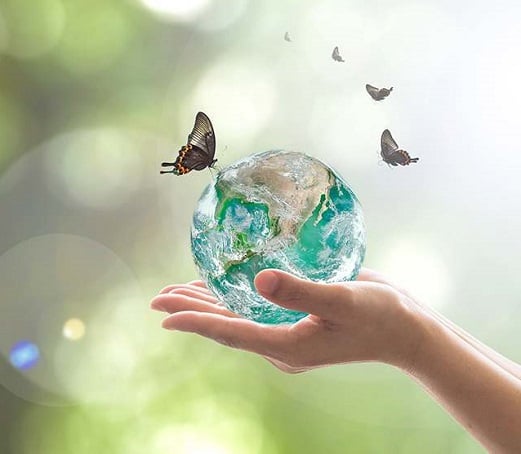
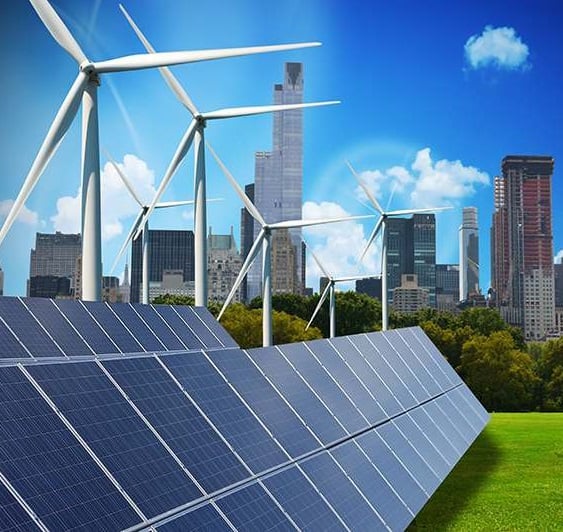
-1.jpg?width=521&name=INDOOR%20AIR%20QUALITY(1)-1.jpg)
